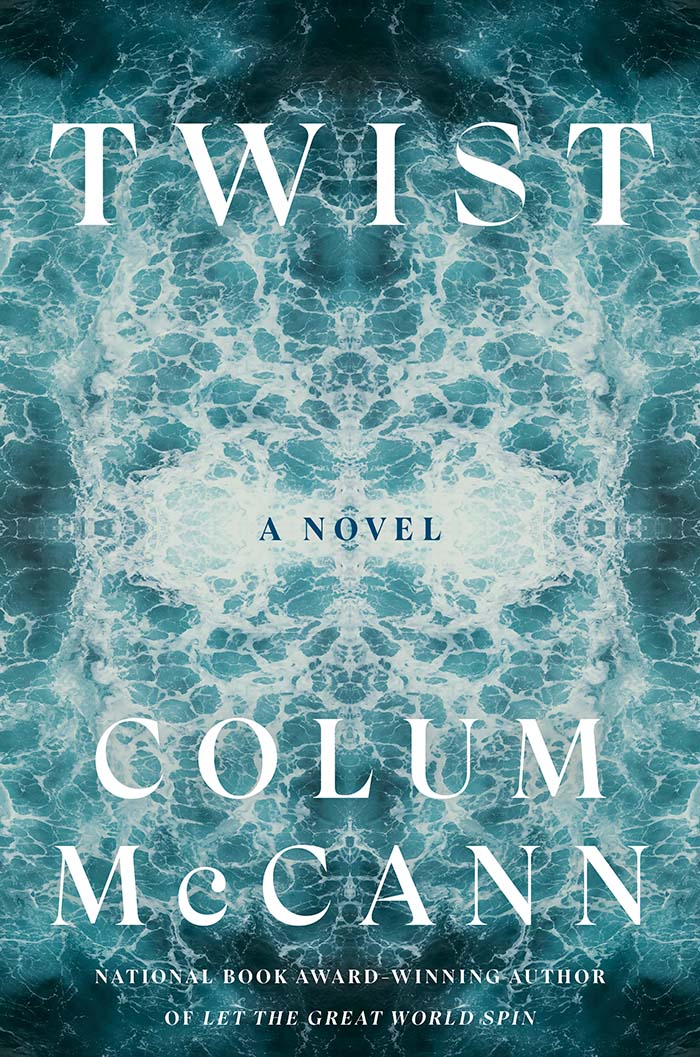
Blurbs (or The Art of Literary Porn)
Blurbs are the older writer’s nightmare. Either he does them or he doesn’t. If he doesn’t, he’s an asshole. If he does, he’s an asshole too – unless she blurbs yours, whereupon she is an angel, a godsend, a creature divine. But how do you get a blurb in the first place? You beg, you plead, you cajole. You hope your editor puts her heart on the line. She reaches out to her stable of writers. She finds someone who might like your voice, someone you can align with. She might even know the phone number of the blurb whore: there are a few of us round, some of us getting a little bit tired (me too, Mister Shteyngart! ahoy! the exclamation mark! the red light lantern of blurbdom!) Ask your agent too, he’s got the number for sure. But forgive my blatant cynicism. Best of all, you go to writers you admire. You write them a personal note. You are sincere and genuine and kind, of course, but you are creative too. Write a letter that crackles. Write a letter that shoots electricity along all its lines. Write a letter they can’t ignore. (Though they most likely they will – never ever ever ever expect a reply: some overly-generous writers can get twenty or more requests a week, no kidding, ask Gary, he gets twenty-one, sometimes twenty-two). Never forget that it takes at least two or three days to properly read a novel. That’s a lot of time and energy from someone who’s trying to make ends meet. If you hear back from them, do a back-flip. If they read your work, triple somersault. If they actually blurb it, book a ticket for at least the nearest satellite. But if they don’t blurb it, don’t worry. And don’t hold a grudge. Half the time they don’t even open the mail. The rest of the time they are busy chasing blurbs of their own. It’s a back-scratcher’s world. A lot of good writers don’t ask for blurbs anymore, precisely because they don’t have the time to give them. So if you fail with a writer you admire, don’t disappear down unto the river. There are other ways. You go back to old teachers and you plámás* them until they accede. You go back to your MFA teachers. If you didn’t go to an MFA find a nearby MFA and ask the writers there. Or go to someone in your writing group who already has published a novel. Word of advice: if necessary, offer your own dream blurb in “their” voice that they can then edit and shape. Make it as easy as possible for them. Be sure to send them a thank-you note. Follow up. Make sure they get a hard copy of the book. Turn it over. Read it, Then forget it. A blurb is pure fluffery. That’s their purpose. It’s a form of literary porn. Most readers know they’re being fluffed. Rise up. Stay aloft. The truth is that blurbs are not for readers anyway. It’s an in-house argument for publishers. They’re for the sales force in your company. And for the bookshops who buy advance copies. They’re for the purpose of easy alignment. They’re designed to ease the process. It’s so your book can get positioned on the shelves by your favourite bookseller. It’s a not-so-subtle whisper in the advance reviewer’s ear. So, it’s all a bit of a shell-game. But when the good blurb comes, the truly generous one, the one that captures the essence of your book, it’s not a blurb anymore, it’s a shout-out, it’s a violin note, it’s a drumcrash, it’s a barbaric yawp across the rooftops of literature that you have written something that has got under the skin of another. Cherish it. Soon you will be writing them.
* Plámás – a wonderful Irish word for “flattery designed to bend people to your will” (pronounced plaw-maus)
